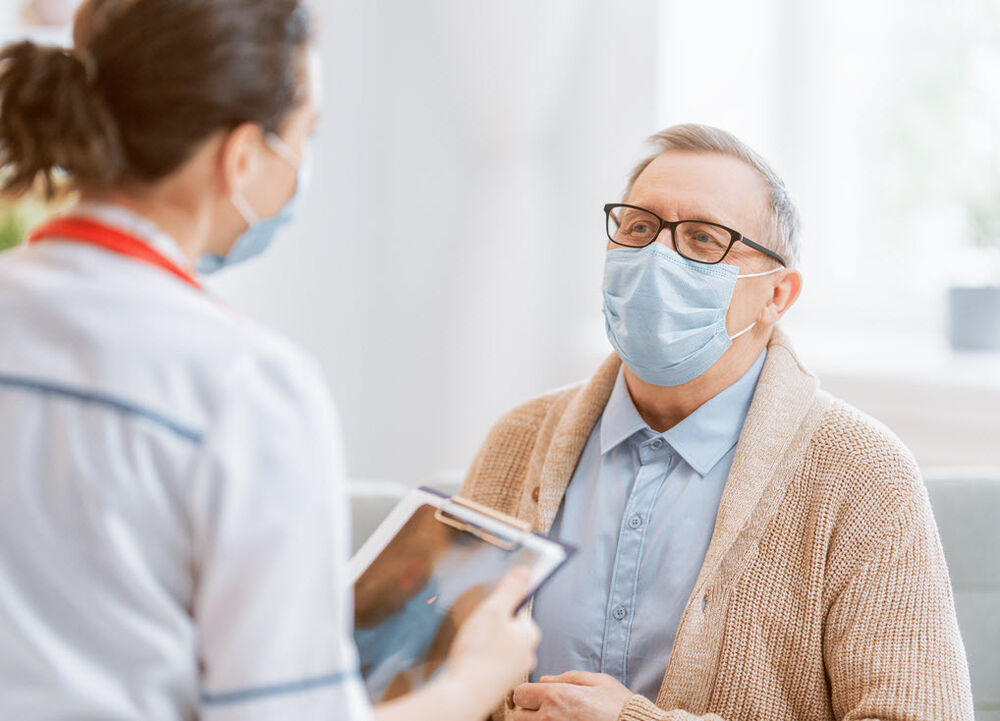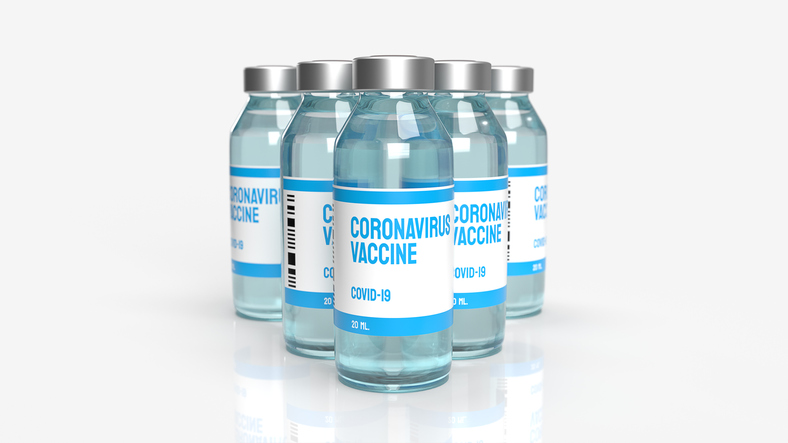The majority of liver transplant recipients are able to produce a functional antibody response to COVID-19 infection, according to data published in Gut.
“Our findings suggest that the humoral response of [liver transplant (LT)] recipients is only slightly lower than expected compared with that of COVID-19 immunocompetent controls,” Chiara Becchetti, MD, of the department of visceral surgery and medicine at the University of Bern in Switzerland, and colleagues wrote. “Additionally, we showed that the majority of LT recipients is capable of mounting an adequate neutralizing activity against SARS-CoV-2 and that neutralizing ability was associated with the presence of antinucleocapsid antibodies.” Learn more here.








